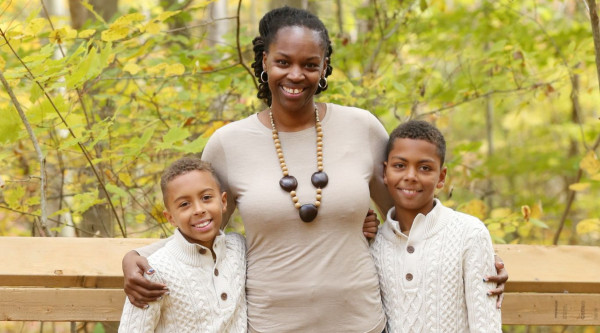We all understand that things like getting the kids into a routine of brushing their teeth after meals, for example, helps to create long-lasting benefits for them in the area of personal hygiene. But what if you could do something similar in the area of finances? Here are three healthy “money habits” to develop that will lay the foundation for financial success in children.
Habit #1 - Save Money
Most adults find that saving money is a challenge, despite its importance. Whether you are putting money back for a down payment on a home, creating an emergency fund, or contributing to a retirement plan, saving money is an essential part of financial preparedness that many people lack the discipline to accomplish. Trading Economics found that before the pandemic, most Canadians only saved about 3-4% of their income. Many financial experts, though, usually recommend saving about 20% of your income.
To establish a healthy money habit in this area, open a savings account for your child. Anytime they receive an allowance, gift money, or funds from various projects, help them allocate 20% of the total received to their savings account. Encourage them along the way, setting fun goals or milestones that can be celebrated as the balance grows!
Habit #2 - Plan Purchases
Another financial challenge that many adults face is learning to say no to impulsive buying. How much money has been wasted on mindless purchases made while scrolling social media or standing at a checkout counter? One study, conducted by Finder.com, estimates that 63% of Canadians admitted to shopping impulsively, with an average spend of $73.81 (CAD). If you do the math, that’s $8.8 billion per year, spent without any planning whatsoever.
To keep frivolous and impulse spending to a minimum, establish expectations that require children to plan their purchases in advance. If your child asks if they can purchase something at the mall or online, discuss what they would like to buy and how much they want to spend. Allow a little time to pass to gauge whether they are still intent on the purchase or if the desire passes. Once there is a plan in place, stick to it. If the item is out of stock, wait a little longer instead of settling for something they don’t really want.
Habit #3 - Teach Generosity
Saving money and spending money are both great, but seeing your money accomplish something for another person is nearly priceless. However, being charitable and generous with money is a personal choice. Martin Luther King, Jr. once said, “Every man must decide whether he will walk in the light of creative altruism or in the darkness of destructive selfishness.”
To start your child down the path of generosity, begin with teaching empathy. Have conversations about how other people feel, what others need, and how you can contribute. Give children opportunities to give toward causes that they believe in or that they want to be a part of. Choose activities that can be done regularly, like donating food to a local animal shelter each month, to further establish the habit.
Building Financial Destiny
You have likely heard the quote from Gandhi that says, “Your habits become your values, Your values become your destiny.” By developing these three healthy “money habits” in your children, you can be a part of creating stepping stones that lead to their financial destiny.
At CleveDoesMore, the best part of our job is helping people make informed choices to minimize their risk while building equity and wealth for their future.
Notes:
"Canada Household Savings Rate - Rate2021 Data | 2022 Forecast | 1961-2020 Historical", Trading Economics
"Canada's Impulse Spending Problem", Finder.com (Sept 21, 2018)

 By
By 








